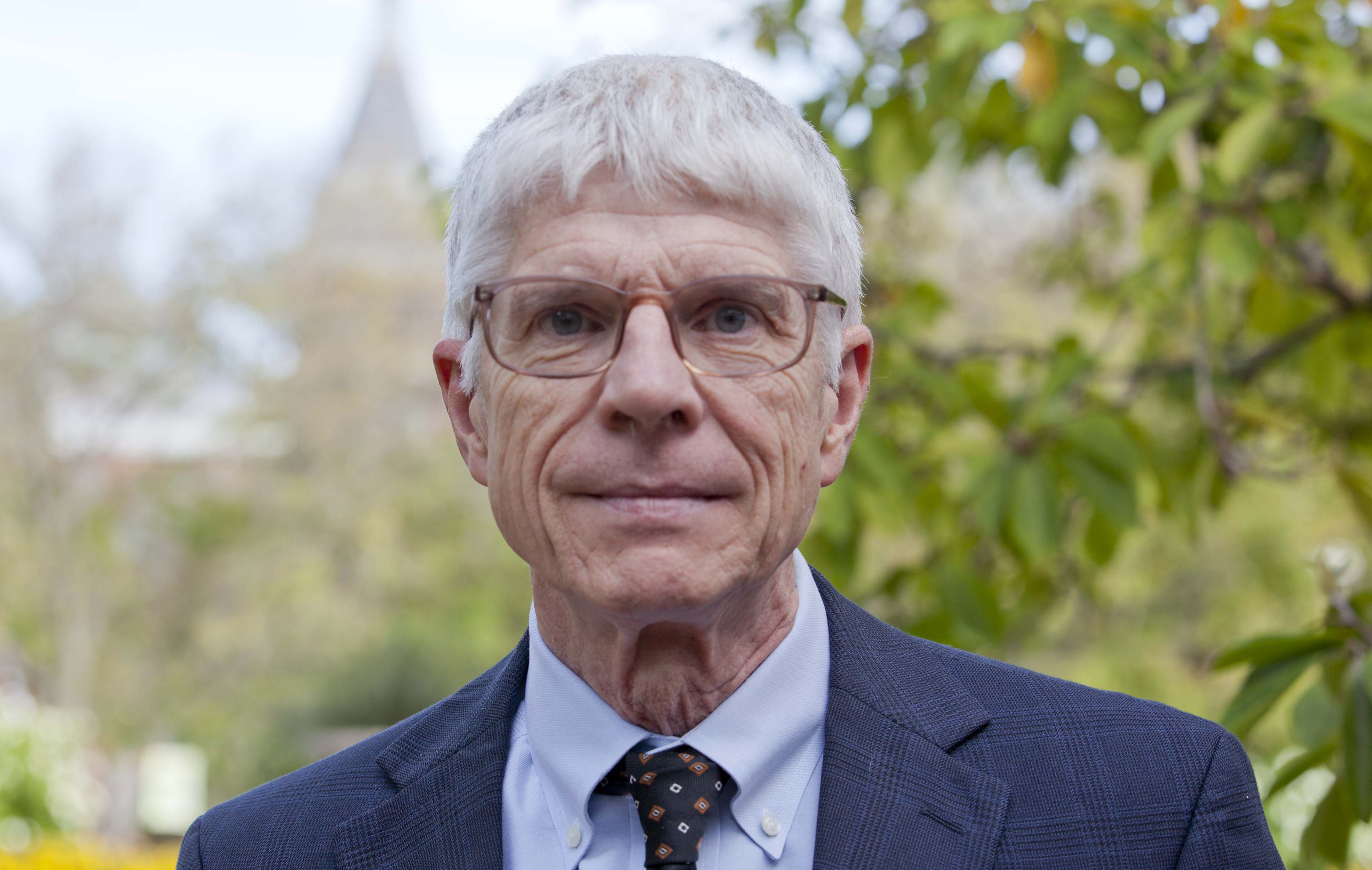The Council provides a new mechanism to ensure that our work creating new business opportunities and jobs in rural America is well-coordinated between agencies and that no important opportunity is missed.
June 13, 2011Last Thursday, on behalf of Secretary Chu, I attended the first meeting of the White House Rural Council.
The Council, established by President Obama’s Executive Order on Thursday, provides a new mechanism to ensure that our work creating new business opportunities and jobs in rural America is well-coordinated between agencies and that no important opportunity is missed.
The Energy Department has many programs that benefit families and business owners in rural America. Wind farms, for example, provide new sources of income for landowners. Our SunShot Initiative is rapidly reducing the cost of solar energy and will create new opportunities for low-cost electricity in rural areas. We are supporting projects designed to make algae a profitable cash crop. We’re exploring new ways to lower the cost of moving biomass from farms to processing plants, including rapid pyrolysis, and new methods for converting corn stover and other biomass feedstocks into a standardized format so that they can be shipped just as easily as corn. In addition, the President has challenged his Secretaries of Agriculture, Energy and the Navy to investigate how they can work together to speed the development of "drop-in" biofuels substitutes for diesel and jet fuel. Markets in all of these industries are expected to grow rapidly as we work to meet the President’s goal of getting 80 percent of U.S. electricity from clean energy sources by 2035. The new Council will ensure that this work is tightly coordinated with other federal agencies.
We also have a number of programs that are helping rural homeowners save money while making their homes more energy efficient, and have similar programs to support small rural businesses. Last September, we featured a story about Alvin Frogue, a Guthrie, Kentucky dairy farmer who received a $10,000 Recovery Act grant to purchase farm equipment that helps him milk his 250 cows faster and more efficiently, while improving the health of his animals. The new technology has reduced milking time from four and half hours to just over three hours, and is estimated to save $2,432 in electricity costs annually. Mr. Frogue’s upgrades are among over 100 on-farm energy efficiency and production projects that have received Recovery Act grants through Kentucky’s Governor’s Office of Agricultural Policy and Department for Energy Development & Independence. Over the last three years, those projects have yielded savings of more than $1.7 million.
As the President continues to remind us, the country that wins the clean energy race will be the country that creates good-paying clean energy jobs. The White House Rural Council will ensure that rural areas benefit from the policies being put in place to meet the President’s challenge and that we don’t miss the opportunities for programs tailored to their unique needs.
Dr. Henry Kelly is the Acting Assistant Secretary and Principal Deputy Assistant Secretary for the Office of Energy Efficiency and Renewable Energy.


